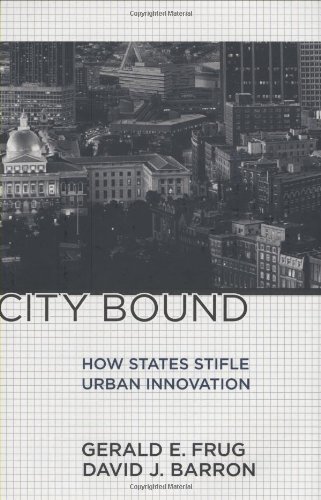

Most ebook files are in PDF format, so you can easily read them using various software such as Foxit Reader or directly on the Google Chrome browser.
Some ebook files are released by publishers in other formats such as .awz, .mobi, .epub, .fb2, etc. You may need to install specific software to read these formats on mobile/PC, such as Calibre.
Please read the tutorial at this link. https://ebooknice.com/page/post?id=faq
We offer FREE conversion to the popular formats you request; however, this may take some time. Therefore, right after payment, please email us, and we will try to provide the service as quickly as possible.
For some exceptional file formats or broken links (if any), please refrain from opening any disputes. Instead, email us first, and we will try to assist within a maximum of 6 hours.
EbookNice Team

Status:
Available4.7
36 reviewsMany major American cities are defying the conventional wisdom that suburbs are the communities of the future. But as these urban centers prosper, they increasingly confront significant constraints. In City Bound, Gerald E. Frug and David J. Barron address these limits in a new way. Based on a study of the differing legal structures of Boston, New York, Atlanta, Chicago, Denver, San Francisco, and Seattle, City Bound explores how state law determines what cities can and cannot do to raise revenue, control land use, and improve city schools.
Frug and Barron show that state law can make it much easier for cities to pursue a global-city or a tourist-city agenda than to respond to the needs of middle-class residents or to pursue regional alliances. But they also explain that state law is often so outdated, and so rooted in an unjustified distrust of local decision making, that the legal process makes it hard for successful cities to develop and implement any coherent vision of their future. Their book calls not for local autonomy but for a new structure of state-local relations that would enable cities to take the lead in charting the future course of urban development. It should be of interest to everyone who cares about the future of American cities, whether political scientists, planners, architects, lawyers, or simply citizens.